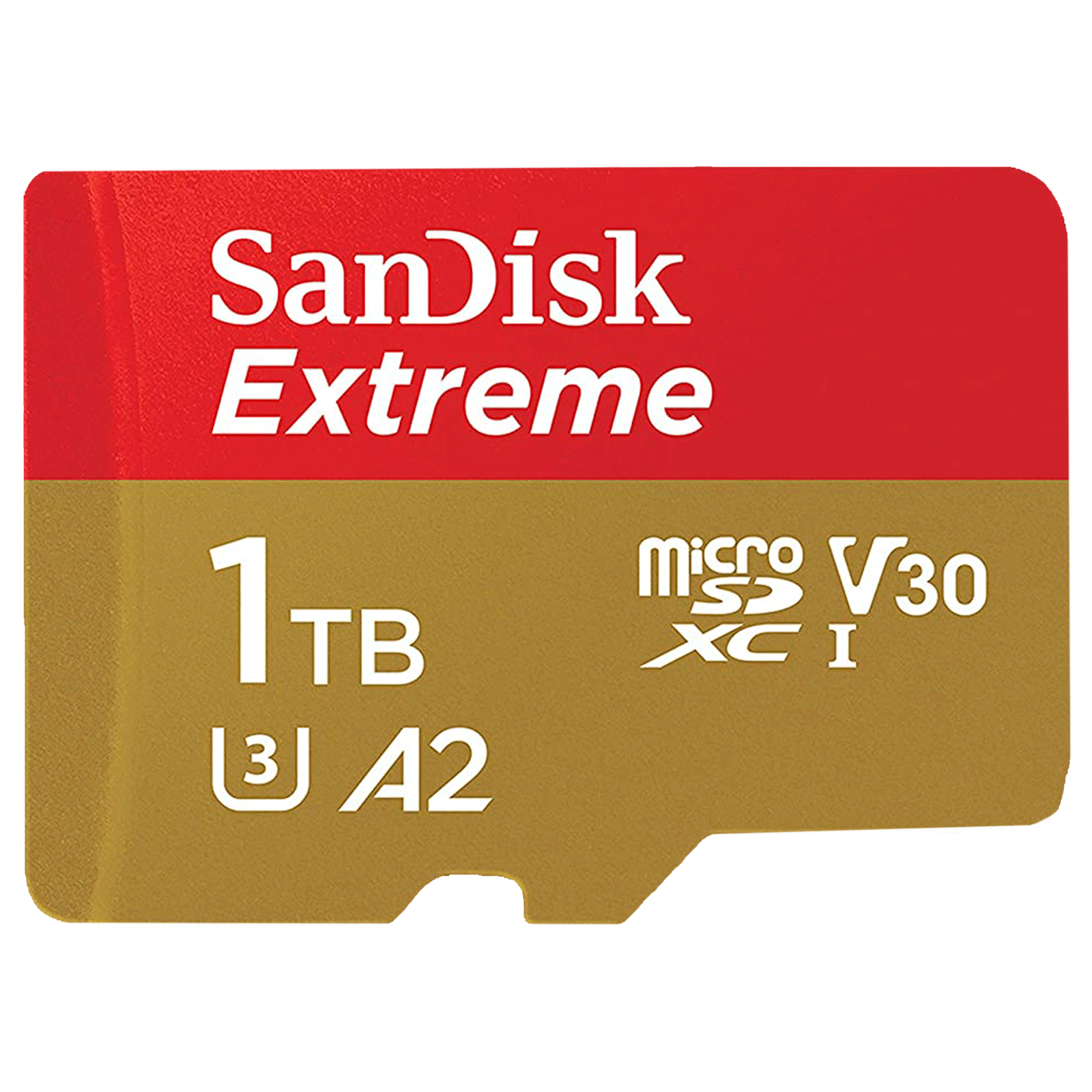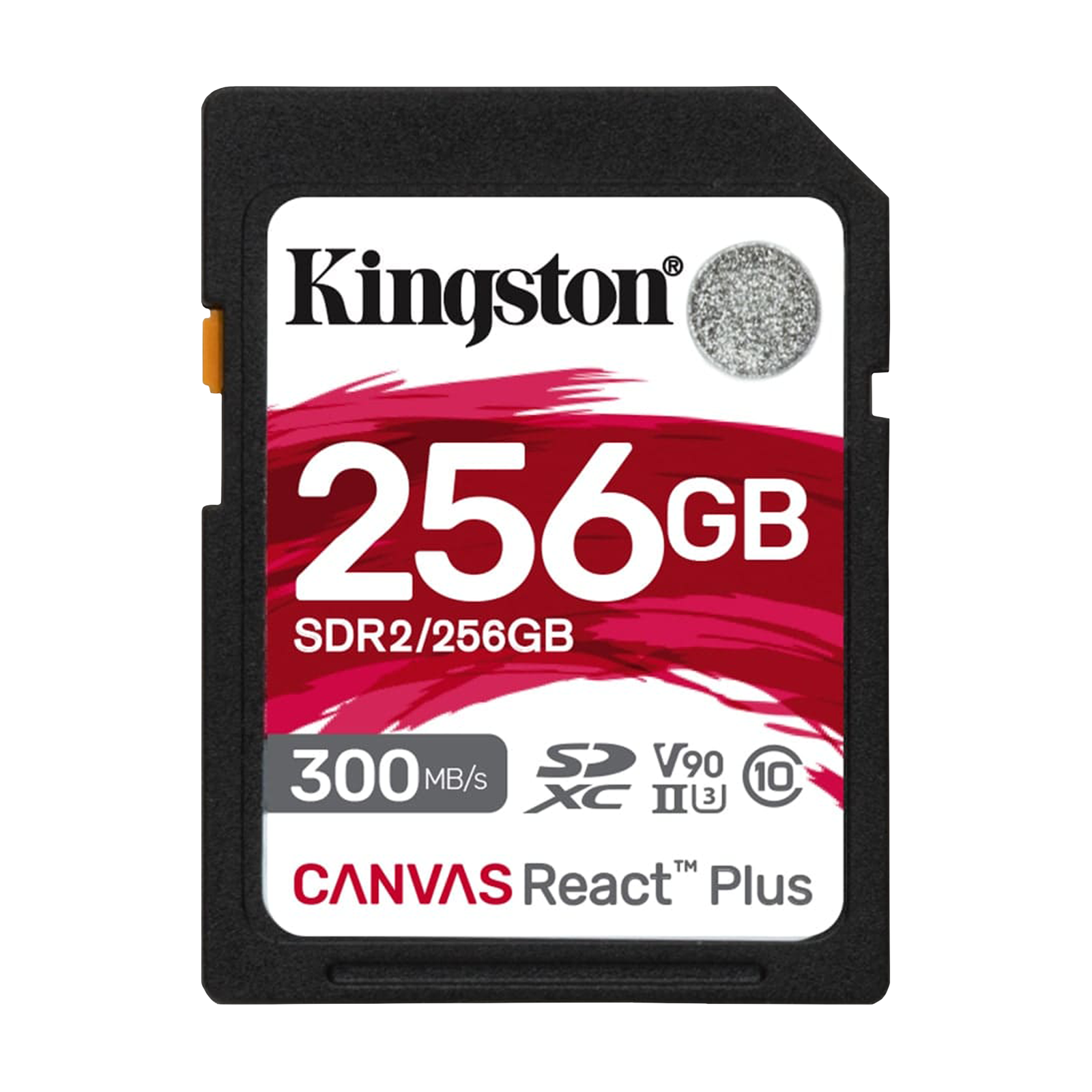SD cards are incredibly useful for expanding the storage of our devices, from cameras and smartphones to laptops and Nintendo Switches.
However, it can be incredibly frustrating when your device suddenly fails to recognise your SD card. Before you panic, there are a number of troubleshooting steps you can take to get your SD card working again.
1. Check the SD card reader
First, ensure the problem doesn’t lie with your device. If possible, try the SD card in a different device or use a different card in the same device.
ALSO READ: How to move Android apps from internal storage to an SD card
This will help you isolate whether the issue is with the card itself or the card reader. If the problem is with the card reader, you might need to get your device repaired or invest in an external card reader.
2. Clean the SD card
Sometimes, dust or debris can obstruct the connection between the SD card and the card reader. Gently clean the SD card’s metallic contacts with a soft cloth or a cotton swab. Avoid using any liquids or abrasive materials.
3. Try a different USB port
If you’re using an external card reader, try plugging it into a different USB port on your computer. Occasionally, a specific USB port might be faulty, preventing the SD card from being detected.
4. Reinstall the SD card driver
Your computer uses drivers to communicate with hardware components, including SD cards. An outdated or corrupted driver could be the culprit behind the SD card issue.
To reinstall the driver, go to your device manager, find the SD card reader, right-click and select ‘Uninstall device.’ Then, restart your computer, and Windows will automatically reinstall the driver.
5. Run CHKDSK to fix SD card corruption
Windows has a built-in tool called CHKDSK (Check Disk) that can identify and fix SD card corruption. To run CHKDSK, open command prompt as an administrator and type “chkdsk X: /f”, replacing “X” with the drive letter assigned to your SD card. This command will scan your SD card for errors and attempt to repair them.
6. Assign a new drive letter
Sometimes, your SD card might not have a drive letter assigned to it, making it invisible to your operating system.
ALSO READ: What is an SD card?
To assign a drive letter, go to Disk Management on a Windows PC, right-click on your SD card, and select ‘Change Drive Letter and Paths.’ Choose an available drive letter and click ‘OK.’
7. Recover data and reformat the SD card
If none of the above solutions work, your SD card might be corrupted beyond repair. In this case, try to recover any important data using data recovery software.
Once you’ve recovered your data, reformat the SD card to see if that resolves the issue. Be warned, formatting will erase all data on the SD card, so ensure you have a backup first.
By following these troubleshooting steps, you can hopefully resolve the issue and get your SD card working again. However, if the problem persists, it might be time to invest in a new SD card.
Unleash your inner geek with Croma Unboxed
Subscribe now to stay ahead with the latest articles and updates
You are almost there
Enter your details to subscribe

Happiness unboxed!
Thank you for subscribing to our blog.
Disclaimer: This post as well as the layout and design on this website are protected under Indian intellectual property laws, including the Copyright Act, 1957 and the Trade Marks Act, 1999 and is the property of Infiniti Retail Limited (Croma). Using, copying (in full or in part), adapting or altering this post or any other material from Croma’s website is expressly prohibited without prior written permission from Croma. For permission to use the content on the Croma’s website, please connect on contactunboxed@croma.com
- Related articles
- Popular articles




















Anvinraj Valiyathara
Comments